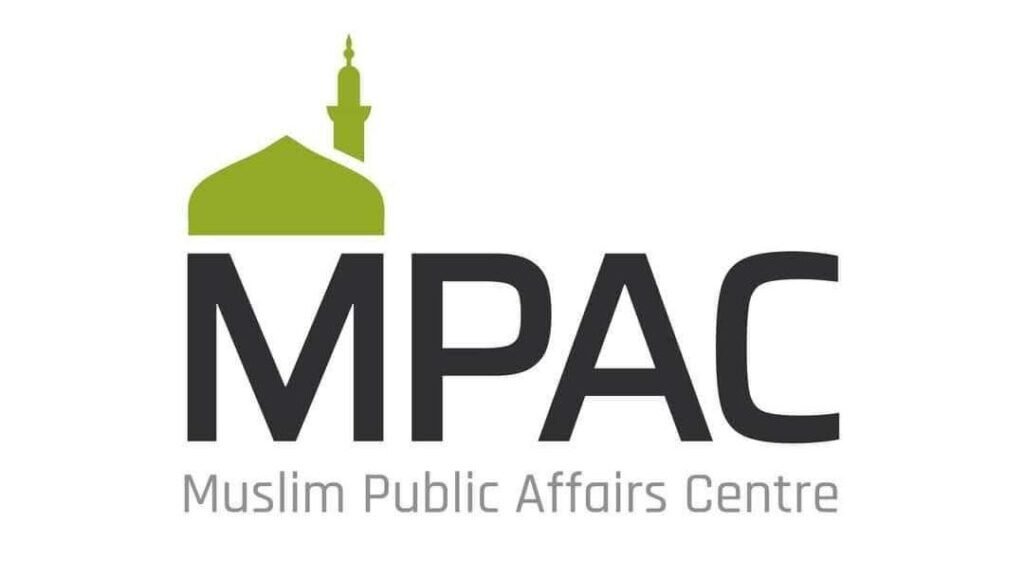The Muslim Public Affairs Centre ( MPAC) Nigeria, has condemned the United States government’s decision to again place Nigeria on its list of Countries of Particular Concern (CPC), describing the move as politically motivated and detrimental to the nation’s unity and global image.
In a statement issued over the weekend and signed by Disu Kamor, MPAC’s Executive Chairman, the organization accused the U.S. administration of “weaponizing religion” through the designation, which it said relied on misleading claims of widespread Christian persecution in Nigeria.
Kamor argued that the CPC classification “rests on a false narrative” that overlooks the complex and multifaceted causes of Nigeria’s insecurity. “Nigeria’s crisis is driven by corruption, terrorism, regional geopolitics, and competition for resources not religion,” he stated.
MPAC alleged that elements within the U.S. government, working with evangelical allies in Congress and local collaboration were promoting a divisive agenda that could fuel sectarian tensions and threaten Nigeria’s fragile social cohesion.
Calling for a strong response, the group urged the Nigerian government to reject the CPC label and challenge what it described as an “unfair and politically charged decision” through diplomatic engagement.
Read also:
- Sowore blasts Trump over threat of Military action in Nigeria, warns against foreign intervention
- Tinubu reaffirms Nigeria’s commitment to Religious freedom amid global concerns
- Ndume urges FG to deploy Akinyemi, Kingibe, Anyaoku to defend Nigeria before the US
The Muslim advocacy group further cautioned against “false flag operations” designed to deepen religious divisions, urging Nigerians to strengthen interfaith cooperation and build institutions that guarantee justice and security for all citizens, regardless of faith.
MPAC emphasized that both Muslim and Christian communities have suffered extensively from violence across the country, accusing foreign actors of selectively highlighting Christian victimhood while downplaying attacks on Muslim populations in states such as Borno, Zamfara, Niger, Sokoto and Katsina states.
“The narrative of ‘Christian genocide’ pushed from abroad is a gross insult to the shared suffering of Nigerians,” the statement read. “Nigeria’s problems can only be solved through justice, good governance, and unity — not through foreign interference dressed in missionary language.”
Reaffirming its commitment to justice, fairness, and national sovereignty, MPAC called on Nigerians to remain vigilant and united against efforts to divide the country along religious lines.






